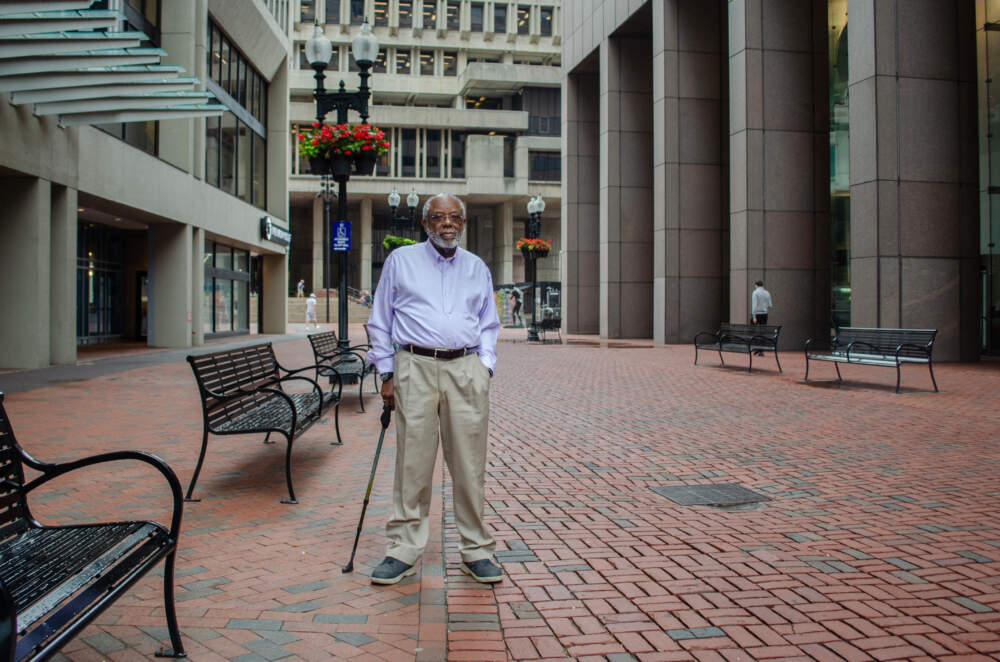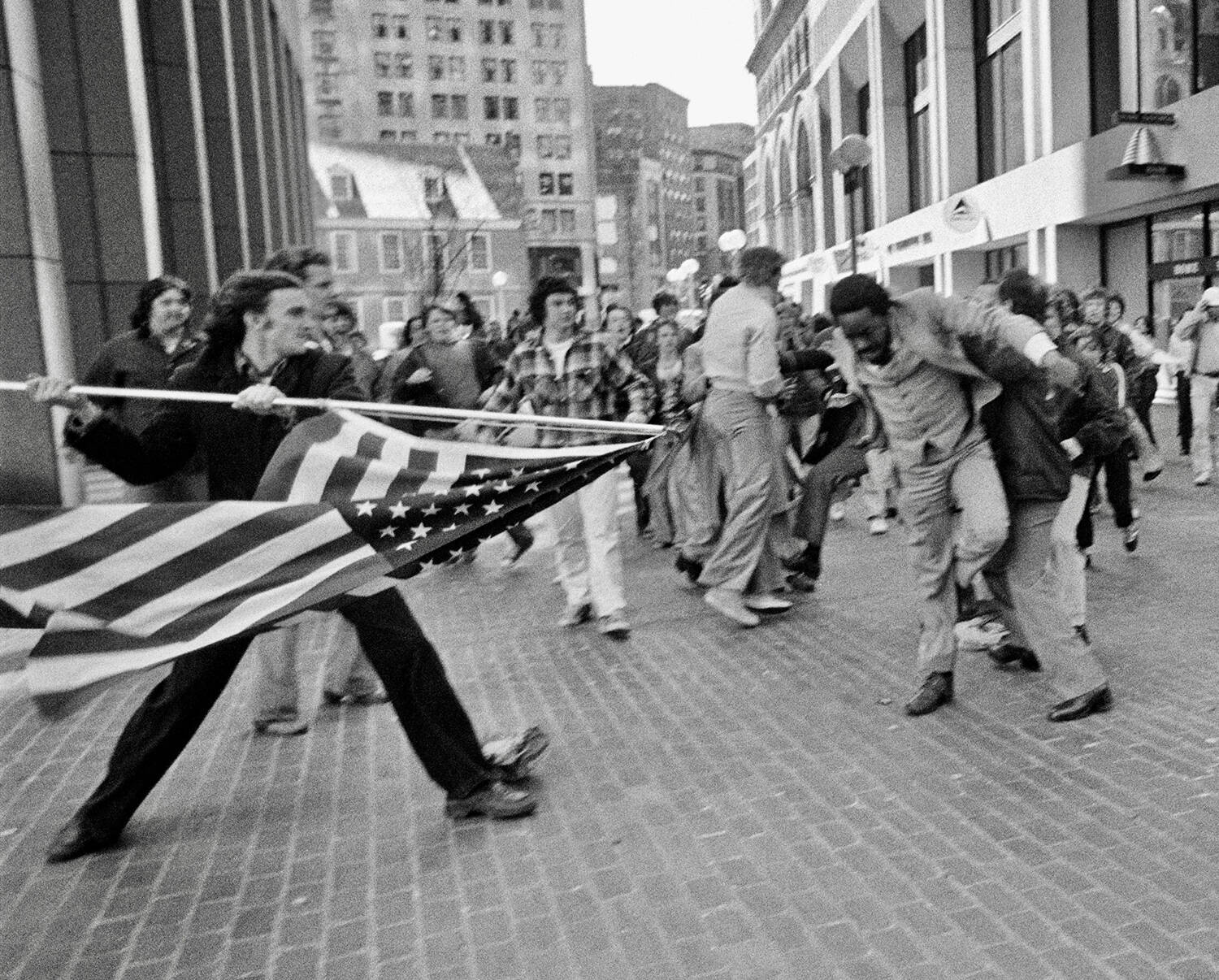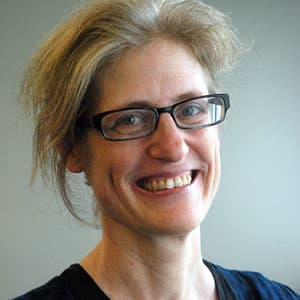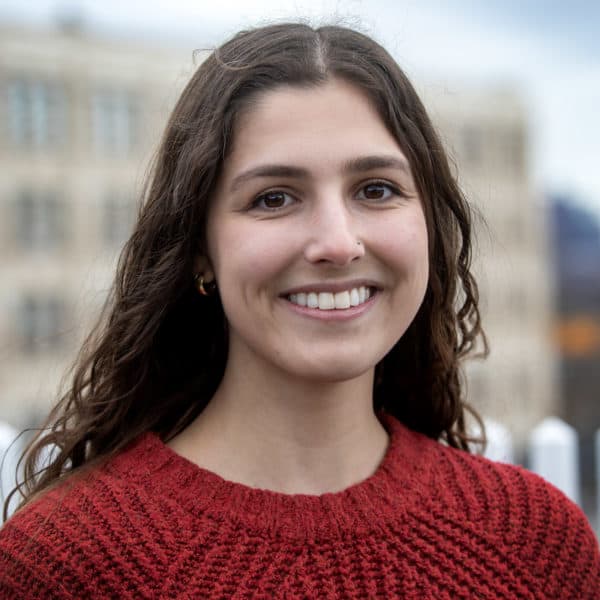Advertisement
Civil rights activist Ted Landsmark reflects on Boston's reputation for racism — and how the city has and hasn't changed
Resume
This week, delegates from across the country will gather for the NAACP national convention. Touted by its organizers as a celebration of the Black community's collective power, the annual event is taking place in Boston, a city with a racist reputation.
Long-time civil rights activist Ted Landsmark occupies a key spot in the story of how Boston earned that reputation. In 1976, amid the uproar in Boston over court-ordered school desegregation, the young Black lawyer inadvertently crossed paths with a group of white teenage protesters near City Hall.
“I was on my way to an affirmative action meeting with city officials to try to open more jobs for people of color and minority contractors in the city of Boston,” Landsmark says. “I was attacked by a group of anti-busing demonstrators. And that moment was captured in a famous photograph where a young person was trying to kill me with the American flag.”

Journalist Stanley Forman won the Pulitzer Prize for that image, titled “The Soiling of Old Glory.”
Landsmark is now a professor at the School of Public Policy and Urban Affairs at Northeastern University. He spoke with WBUR’s Sharon Brody near City Hall, at the precise location of the violence that helped define an era.
Interview highlights
On what the 1976 photo illuminated, and how things have — and have not —changed:
"Boston certainly has a history of racist policies and practices. In many respects, the city is a much more open and welcoming place than it was four or five decades ago.
"Boston is actually a very small city, where small groups of affiliated individuals have passed on privilege from one generation to the next, whether it's been within the fire department, the court system, commercial real estate development, high tech development or universities. The private sector has its own cultures — its own small ways of seeing to it that there's intergenerational passage of employment within families and within groups of people who've graduated from certain schools.
"And we have found over the years that despite a lot of pronouncements in favor of opening positions to women and people of color in the city, there has continued to be a somewhat tribal aspect in Boston that has perpetuated disparities between one group and another."
On ways that Boston has become more diverse and inclusive:
"A majority of Boston's residents are now people of color. A majority of our elected city council is made up of women of color. Within the wider region, population growth, particularly among new immigrants, has substantially changed who lives in the city, and the kinds of cultural and economic influences that people of color have within the city. Boston is beginning to live up to its reputation as a more progressive city for the people who actually live here. And as our communities of color come together and build economic strength within the region, this will continue to be a city of great opportunity."
On the hard work ahead and why he holds on to hope:
"There are people all across the United States who want to reverse the racial progress that we've made over the past half-century. And sometimes when one is an activist, one can feel a little frustrated that we haven't put an end to racial injustice by now. But the fact is that there are rising generations of activists who have continued the fight. There are areas where we've made progress: voting, public accommodations and public education. And if we keep in mind that it takes time to bring about fundamental cultural change, and we work with the young people who are now advancing the cause of social justice, one can continue to be optimistic.
"More of us who are people of color in Boston have to feel as though we are not only welcome, but that we're stakeholders here — that we are policymakers, that we have an ownership role in terms of the future of the city..."
This segment aired on July 23, 2023.

